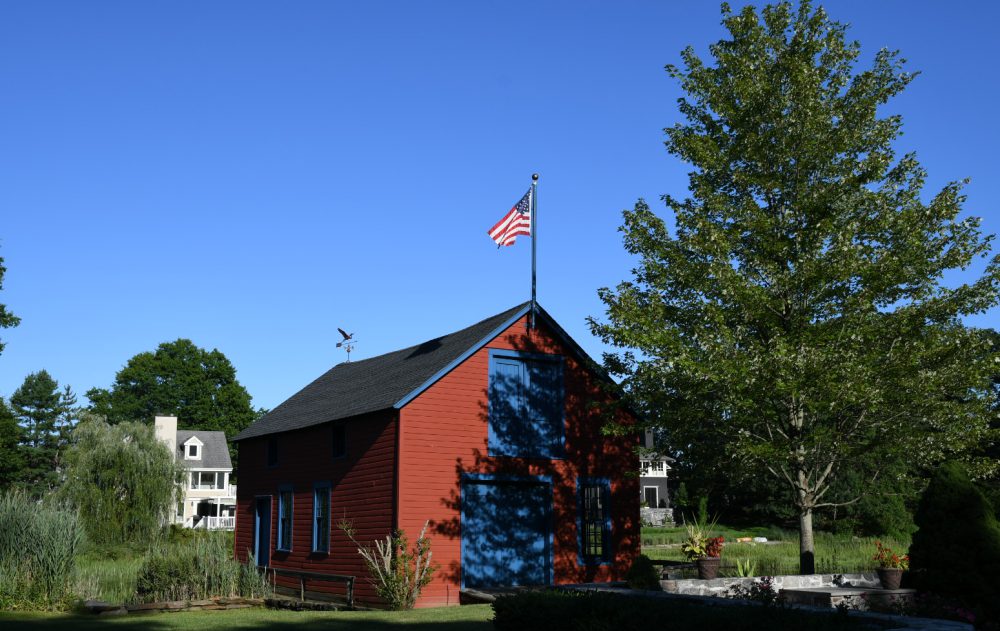
107 Meadow Road, Riverside. Started at $6.995M, just closed at $3.7M. List: Monie Sullivan. Sell: Ann Simpson. Note: if the damned Houlihan link doesn’t show photos, try this one, from (the idiots at) Zillow: https://www.zillow.com/homes/for_sale/107-Meadow-Rd,-Riverside,-CT-06878_rb/?fromHomePage=true&shouldFireSellPageImplicitClaimGA=false&fromHomePageTab=buy
107 Meadow Road, former home of Mrs. Donna Brace Ogilvy, closed this week for $3,700,000. To give you an idea how cheap that is, consider the sale of 70 Meadow Road, a few doors away, which fetched $6,350,000, back in 2012. For that, you got a, um, imposing, classic old Tudor mansion on 2.1 acres in the R-20 zone. Naturally, the Tudor was torn down faster than you can say Jack Robinson, and THREE building lots were created. Each now has a spanking-new mansion sitting on it (one sold last month for $6,2000,000).
Beginning to get the picture? That 2.1-acre parcel yielded three building lots. How many lots could you have carved out of Mrs. Ogilvy’s? With 3.21 acres in the R-20 zone, you’re about an inch short of SEVEN BUILDING LOTS, so, to be conservative, let’s say the Town allowed five lots. Properly configured, all of those lots, measuring around 28,000 sq. ft each, would have had great, high-elevation views of Tod’s Point and Long Island beyond.So what would five 28,000 square foot lots, with beautiful water views, at the end of hyper-valuable Meadow Road be worth? A bare minimum of $2,500,000 each. Would a builder have paid $12,500,000 for the whole thing? Who knows. But surely $10,000,000 would have been a no-brainer. The difference, therefore, between true market value and the value after Mrs. Ogilvy laid down those restrictive covenants was at least $6,300,000!
When you have bought one of the most impressive properties in Riverside, that includes a classic, high-ceilinged mansion, the inside of which you can improve any way you see fit, and you save yourself $6,300,000 in the process, you have gotten a bargain.
* The actual deed restrictions run 7+ pages or so, but here’s the gist of it:
“Only the existing residential dwelling, for single family use and occupancy, with all improvements related thereto, shall be maintained upon the Property…”
And here is the entire list of restrictions, if you feel like plowing through it:
Click to access meadowrdeasement.pdf




